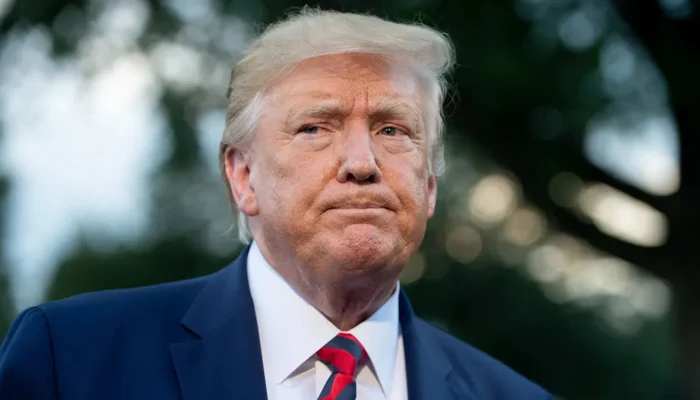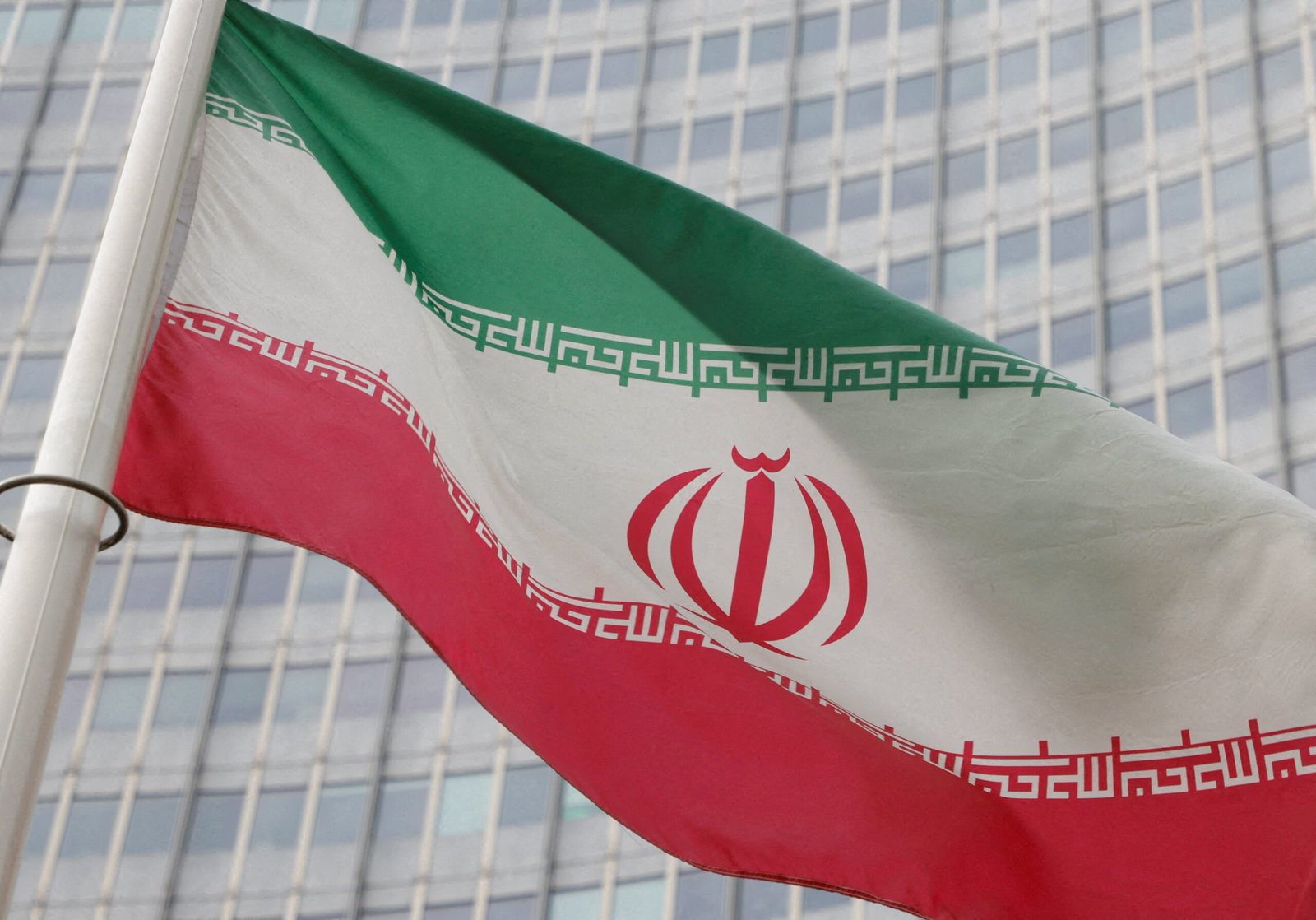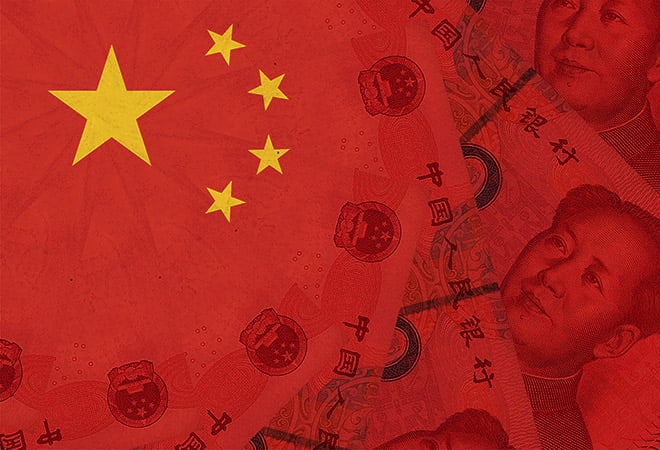A newly formed Special Parliamentary Committee has put forward Justice Yahya Afridi’s name as the Chief Justice of Pakistan, as confirmed by Planning Minister Ahsan Iqbal on Tuesday.
After a meeting, Law Minister Azam Nazeer Tarar revealed that Afridi’s nomination has reached the prime minister with a two-thirds majority. This decision followed two in-camera meetings of the committee, where members from the Pakistan Tehreek-e-Insaf (PTI) and backed Sunni Ittehad Council (SIC) boycotted the discussions due to a directive from the PTI’s political committee.
Reacting to the nomination, PTI leader Hamid Khan expressed strong disapproval and announced plans for a protest, hoping that Justice Afridi might decline the offer, stating that it could cause divisions within the Supreme Court.
The committee had to reconvene after SIC members opted out of the first meeting at the Parliament House due to their party’s stance. Ahsan Iqbal, addressing the media, expressed disappointment over their absence but mentioned that the committee was prepared to decide on the chief justice’s nomination.
With incumbent Chief Justice Qazi Faez Isa retiring on October 25, there is urgency to finalize the appointment. Previously, Justice Mansoor Ali Shah would have automatically taken over, but recent changes under the contentious 26th Constitutional Amendment require the top judge to be chosen by a parliamentary committee from the three most senior judges with a two-thirds majority backing.
The Special Parliamentary Committee is composed of members from various political parties, including PML-N, PPP, PTI, and JUI-F. The process must be completed swiftly, as the current chief justice’s retirement approaches.
Prime Minister Shehbaz Sharif has emphasized that these legislative reforms will facilitate quicker judicial processes for the public. Meanwhile, the Human Rights Commission of Pakistan has raised concerns over the implications of these amendments on judicial independence, highlighting the potential for political influence over court decisions.
















